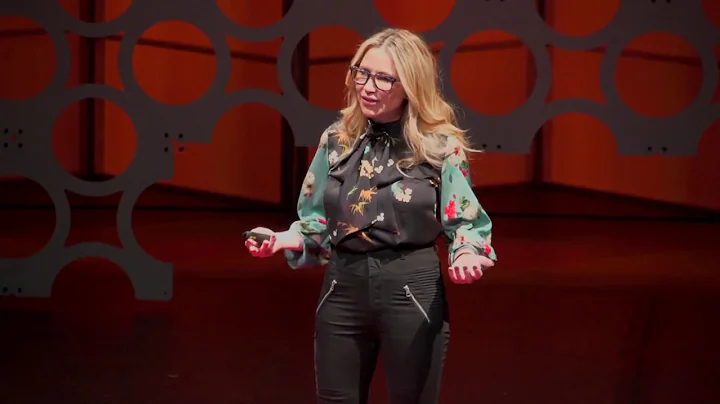In 2013, after the news of the death of the South African celebrity Mandela was released, many people were surprised to find that their memories were confused. Didn't he die a long time ago? Some people swore that they had read the news reports. Died in prison.
Psychology calls this the Mandela phenomenon, which is a typical self-perception inconsistent with the facts.
China Water Conservancy and Hydropower Press has recently released the book "The Mandela Effect" edited by Xuan Huiwen, which takes us step by step to uncover common cognitive biases in psychology, and teaches us how to avoid biases in self-perception. .

1. The truth about unreal memory
Why our memory goes wrong may be related to the memory storage mode of the brain. External information is transferred from the temporary storage area (such as hippocampus ) to the prefrontal cortex and stored permanently. When it comes down, the information enters the consolidation period. In this process, the hippocampus forms episodic memories or autobiographical memories of experienced events, recording them in the form of memory fragments.
When receiving a certain stimulus or recalling these experienced events for a certain purpose (ie, the output of information), the hippocampus will construct a scene, that is, the hippocampus's neural network puts these memories in a space. Regroup.
is similar to the process of information query-information reorganization-information output.
During these processes, the hippocampus will edit the content according to the human individual's logic and current beliefs, thus forming false memories.
For example: When we recall "Roman Holiday", did the beautiful and noble princess swim across the river with her favorite reporter to avoid being chased by the disguised royal bodyguards? Has the princess ever tossed a coin by the wishing fountain? How was it thrown?
Many people have different answers. We only want to believe what we believe, which is commonly known as cognition and selective memory.
The most rational and safe way is to not take it for granted that you are right and others are wrong when it comes to memory, and treat things objectively, so as to avoid embarrassment and harm to others.
2. Don’t care about “yourself” in the eyes of others
Individual behavior depends greatly on self-understanding, and this understanding is mainly formed through social interaction with others. Others’ evaluation and attitude towards oneself, etc., are It is a "mirror" that reflects oneself. People love to use this "mirror" to understand and grasp themselves. This is the famous " mirrors my " theory.
There is a sentence engraved on the temple of Apollo in ancient Greece: "Know thyself". Philosopher Nietzsche interpreted it as: The furthest thing from everyone is himself. We are not "knowers" about ourselves.
We need to awaken our individual selves and not worry too much about external perceptions.
In 1902, American sociologist Charles Horton Cooley proposed the concept of "mirror self". Everyone is divided into two parts: "pure self" and "social self", and the me in the mirror is not real. For example: I may have donated money to the disaster area, and others will think that I am warm-hearted and willing to help others. Through the evaluation of others, we begin to confirm that we are a philanthropic person. And we hold ourselves to this standard. This is our self-awareness, which is formed based on the evaluation and understanding of others.
There is a famous psychological experiment, Rosenthal effect . If you praise a person often, he will become really good later on.
What we need is to reduce the high evaluation of others and gradually increase the high recognition of self-awareness. This is the manifestation of the individual's gradual maturity.
"I am who I am, different fireworks."
3. Everyone is excellent, be your own unique self
"I want to become a bright, dazzling star. Even if I am in the dark, I can still emit a unique light." This is the words of South African singer Larry Joe. singing.
31-year-old Joe has a painful past. This singer from a lower-class black family lives in poverty and often goes hungry. Joe clearly remembered that one time his sister cried and told him that she really wanted to eat bread, but Joe could not satisfy his sister. There was nothing edible at home, let alone bread. Later, in order to solve the difficulties in life, he made some "bad friends" and even sent himself to prison.
Looking out of a small window in Douglas Prison in South Africa, he could see 7 stars in the narrow sky. While he was serving his sentence, his father died and his daughter died in infancy. When Joe heard about it, he almost collapsed. He thought hard about his past life. He firmly believed that he was a good person, but why did his life develop into such a bad situation.
In the eighth month of his imprisonment, he began to accompany himself with guitar and songs, and ignited the hope of life in his heart. He pours his true feelings into his lyrics and his songs break the hearts of the listeners.
His singing impressed the prison officer. After getting permission, Joe participated in a music charity performance. His performance shocked the audience, successfully gained a large number of fans, and also impressed a music producer at the scene. The producer
heard the desire for life and the yearning for life from Qiao's singing, so he recorded an album for Qiao.
We are often moved by changes in the external environment and feel at a loss as to what to do. But only if we continue to explore our true inner feelings, recognize ourselves, change our thinking, boldly innovate, and continue to grow, can we adapt to the current changes and welcome a new life.











